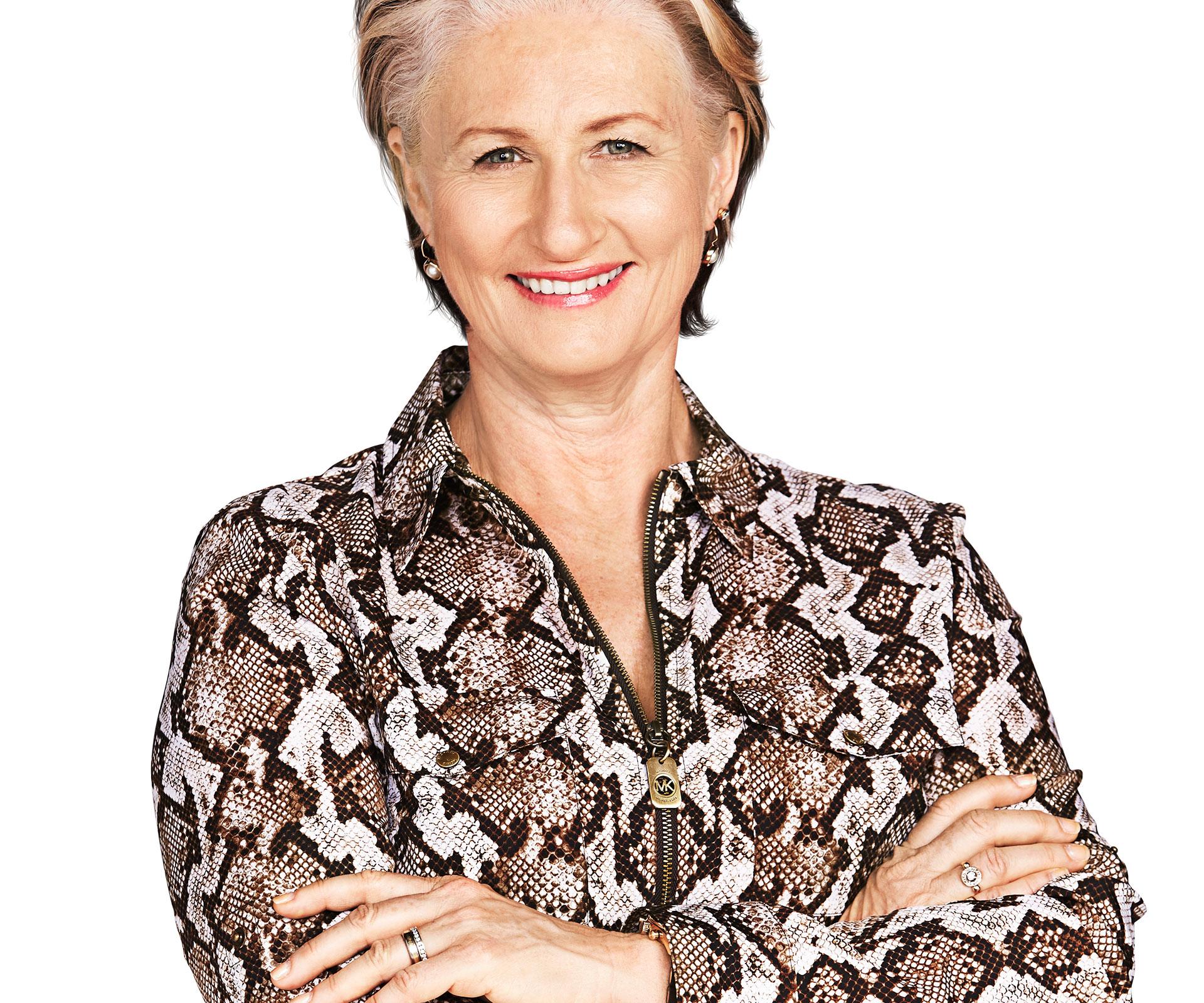Q. How long does menopause last on average?
I only have periods three times a year now, and my hot flushes are better, but I am keen to know when I may be post-menopausal. It is a question sometimes asked on medical forms.
R.B.
Menopause is technically when your periods stop and you are no longer fertile, so that is when you are considered post-menopausal. The peri-menopausal stage can last for several years before your periods actually stop. Menopausal symptoms like hot flushes don’t happen to every woman. When they do, they can last for months or years and, in some cases, indefinitely.
Q. Are stiletto shoes really damaging to foot arches? My 16-year-old daughter has been wearing them every day and I worry.
T.B.
Stiletto heels are not so much a problem for the arches as they are for the ankles. Very high heels also place a stress on the forefoot. Apart from foot and ankle pain, wearing high stilettos at a young age can cause leg and back pain. They are tolerable for special events, but I would advise against daily wear.
Q. I take a few herbal supplements, along with a probiotic, and sometimes worry that they could clash. I feel fine, but wondered how I would know – it doesn’t always give that sort of information on the packaging. I don’t take any prescription drugs.
F.E.
Some herbs and supplements do interact with each other. Sometimes this is a beneficial interaction, sometimes not. I advise professional advice to check that you are taking the most appropriate combination and doses for your health needs.
Q. My son, who is two and a half, only wants to drink milk. It has been a battle to get any solids into him at all, apart from the occasional biscuit. What would your advice be? He is a good weight, all the same, and quite healthy.
S.L.
Sooner or later, he is going to have to eat real food and, by this age, he should be eating a range of solids. Remember that you are the parent in this power struggle and you control the food supply. He will not intentionally starve himself, so at mealtimes offer solid food only, withhold milk and provide water to drink. He can have a glass of milk or yoghurt as a between-meal snack.
Q. I have heard that salt causes headaches. Is this true?
J.R.
High blood pressure can cause headaches and if you have high blood pressure, you may be advised to reduce salt intake. This is the traditional connection. A recent study found that dietary salt could independently increase the risk of headaches. You could try reducing the salt content in your diet to see if it improves your headaches.

.jpg)
